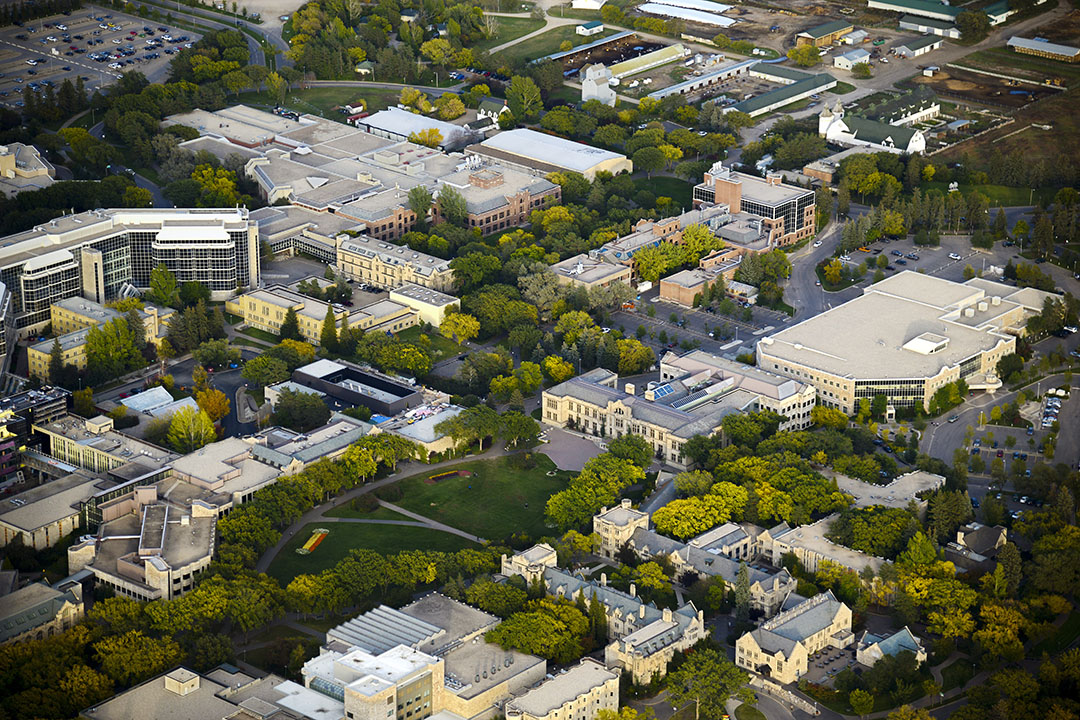
USask-led research project receives more than $1.3 million to study bone strength development in children with diabetes
University of Saskatchewan (USask) researchers have received more than $1.3 million for an unprecedented multi-year study of the development of bone structure, density and strength in children with Type 1 diabetes.
By MATT OLSON FOR RESEARCH PROFILE AND IMPACTTitled the “Canadian Bone Strength Development in Children with Type 1 Diabetes Study,” the five-year project was awarded $1,352,140 by the Canadian Institutes of Health Research (CIHR) Project Grant program.
The team, co-led by Dr. Saija Kontulainen (PhD) with the College of Kinesiology and Dr. Munier Nour (MD) with the College of Medicine, will take the helm of a project supported by researchers at facilities across Canada.
“I like the team effort. It’s great we have a USask-led national team,” Kontulainen said. “We want to use this opportunity to place Canada in a leading position to study and advance bone health in children with diabetes.”
The project will compare bone development of preteen-aged children with and without Type 1 diabetes over the course of four years. Using a technique called high-resolution peripheral quantitative computed tomography (HR-pQCT), as well as other scanners used to diagnose bone diseases like osteoporosis, Kontulainen and her team will attempt to map the bone development of children during the time of their growth spurt when rapid skeletal development occurs.
“Our hypothesis is that the bone growth in children with Type 1 diabetes differs, but we need to know how it differs, when it differs,” Kontulainen said.
The goal of this project, she said, is to answer those key questions, important for prevention of bone fragility life-long. Findings will guide the development of therapies or treatments to optimize bone growth.
Kontulainen lauded the nation-wide team of specialists working on the project, and said she was excited to continue the tradition of former USask scholars working in this field before her.
“This is building on the legacy of world-renowned longitudinal bone studies that were carried out at the University of Saskatchewan,” she said.
The project is raising the bar when it comes to the scale of this kind of research, and Kontulainen said the implications of their work would stretch far beyond Canada’s borders.
“It’s unique, and it will bring globally important information,” she said. “We will know how the bones are changing … This is the collaborative way we should do research.”
This project is one of several USask projects to receive a total of $1,852,140 from the CIHR Project Grant — Fall 2022 Competition. The other USask projects receiving funding through this grant program are:
Dr. Neeraj Dhar (PhD) (VIDO) –$100,000 for a one-year project - Role of phenotypic heterogeneity in mycobacterial persistence: Prospects for more effective treatment regimens.
Dr. Alyson Kelvin et al. (VIDO) - $100,000 for a one-year project - Preclinical Models for Monkeypox Virus Infection and Therapeutic Development.
Dr. Alyson Kelvin (PhD) (VIDO) - $100,000 for a one-year project - Understanding mechanisms coronavirus cross-reactivity, immune durability, and pan-coronavirus vaccine protection.
Dr. Scot Leary (PhD) (Biochemistry, Microbiology and Immunology) - $100,000 for a one-year project - Disrupting mitochondrial function in the liver: implications for immune suppression.
Dr. Cordell Neudorf (MD) (Community Health and Epidemiology) - $100,000 for a one-year project - Multilevel estimation of the relative impacts of social determinants on income-related health inequalities in urban Canada: Toward a new Canadian Social Determinants Urban Laboratory.
